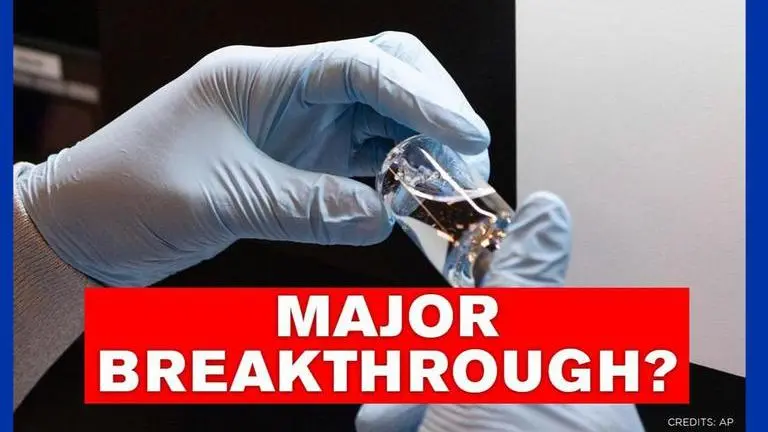Updated 16 July 2020 at 17:10 IST
Oxford's Covid vaccine trial data to be released soon, could give positive news: Report
Positive news on the initial trials of Oxford's COVID-19 vaccine candidate could be announced soon, said ITV’s political editor Robert Peston, citing a source.
- World News
- 2 min read

Positive news on the initial trials of Oxford University’s COVID-19 vaccine candidate could be announced soon, said ITV’s political editor Robert Peston, citing a source. The much-awaited vaccine candidate, which has been licensed to AstraZeneca and backed by the UK government with tens of millions of pounds, is going through large-scale Phase III human trials in Brazil, the epicentre of coronavirus in Latin America.
While the efficacy of the potential COVID-19 vaccine will be established after the Phase III trials, the results of early-stage trials, which is yet to be published, are equally important. After speculations over the release of Phase I intensified, The Lancet spokesperson said that the early-stage human trial data is currently undergoing final editing and preparation, and will be published on July 20.
Reports suggest that the vaccine candidate helps produce antibodies and T-cells, providing twin protection which could be a major breakthrough in the defence against the novel coronavirus. According to various studies, antibodies may disappear after a few months but T-cells can stay in the blood circulation for years.
Advertisement
Modified version of adenovirus
The ChAdOx1 nCoV-19 vaccine, now known as AZD1222, is made of a weakened and modified version of adenovirus (a common cold virus) that causes infections in chimpanzees. The team of researchers extracted the genes for the spike protein on the surface of the coronavirus.
When the vaccine is injected into a body, the vaccine enters cells and start producing coronavirus spike protein. The spike protein prompts the immune system to produce antibodies and trigger T-cells to destroy the infected cells. If the individual encounters the novel coronavirus, the antibodies and T-cells are activated to fight the virus.
Advertisement
AstraZeneca has signed agreements with governments and health organisations around the globe to supply the vaccine if its efficacy is proven. It has entered into separate agreements with the Coalition for Epidemic Preparedness Innovations (CEPI), Gavi the Vaccine Alliance, and the Serum Institute of India (SII) to bring the vaccine to low and middle-income countries and beyond.
Published By : Kunal Gaurav
Published On: 16 July 2020 at 17:10 IST
